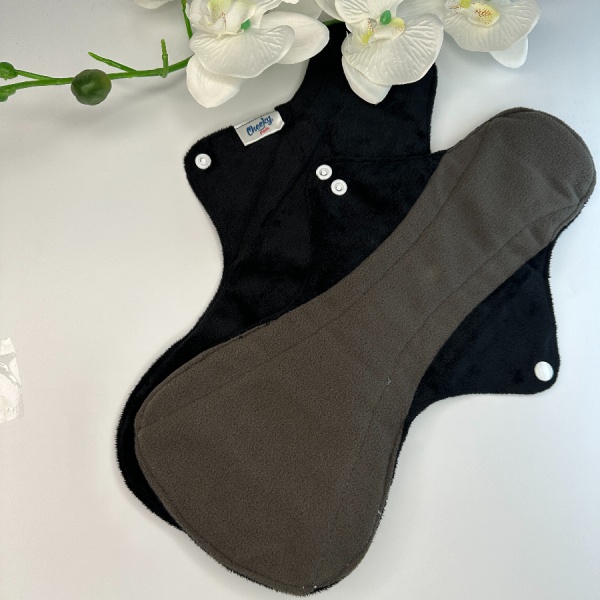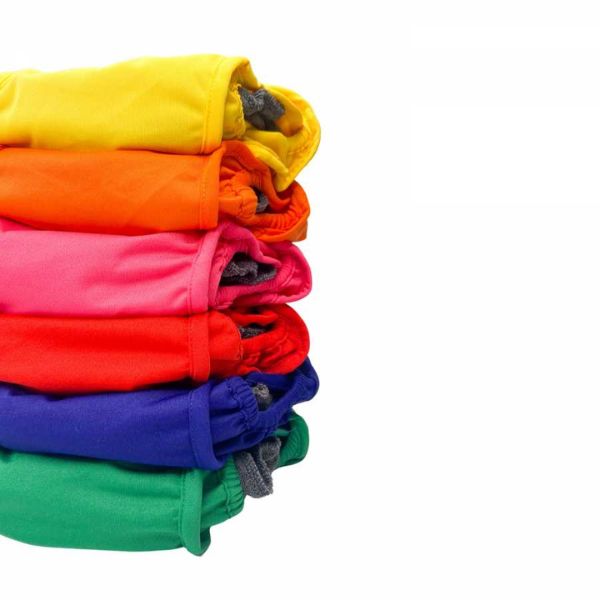Can You Get Lip Fillers While Breastfeeding?
Updated on 03/12/24
Breastfeeding is a beautiful yet sometimes challenging journey filled with many questions, some of which mums and parents might feel hesitant to ask. As an experienced midwife and mother of two young boys, I'm here to answer the questions you’ve always wanted to know but were afraid to ask.
I've also asked Nelly, the Rise Midwives breastfeeding consultant to help with them.

Can You Get Lip Fillers While Breastfeeding?
In short - yes, you can get lip fillers while breastfeeding, however, we can't say it's definitely safe. The general advice from doctors is to 'avoid elective cosmetic procedures while breastfeeding'. This is because most pharmaceutical products aren't tested on pregnant or breastfeeding women, which is why they can't give a clear answer.
Hyaluronic acid is a natural substance found in the body, so it's unlikely to pose significant risks. However, we have no evidence of its safety, so we can't say it's 100% safe for the baby or milk supply. The local anaesthetic used for these type of cosmetic treatments is considered relatively safe for use.
The two main risk factors are:
General risk of infection which may indirectly affect breastfeeding
Lack of data
E-lactancia is a very good resource that you can easily use to understand the safety of medication.

At Nappy Gurus, we stock a wide range of products for newborns and mothers, such as washable breast pads, baby change baskets, newborn nappies and maternity pants.
Does Breastfeeding Make You Tired?
No, breastfeeding itself won't make you tired, however looking after a newborn baby will, no matter what!
The level of tiredness varies widely among individual mothers and can be influenced by a variety of factors, including the baby’s feeding and sleeping patterns, the mother’s health, labour and birth experience, and the "village" around the mother.
Some studies indicate that breastfeeding mothers may experience more fragmented sleep due to frequent night feedings.
However, other studies suggest that despite frequent wake-ups, breastfeeding mothers often report similar or slightly better overall sleep quality due to the calming effects of breastfeeding hormones.
Another study found that breastfeeding mothers often reported higher levels of fatigue in the early postpartum period, but this tended to even out over time as breastfeeding was established and babies began to sleep for longer periods or sleep through the night.
Let’s be honest here: having children is tiring whether you are breastfeeding or formula feeding. Often, women and families prepare themself for the birth experience and not for the fourth trimester; the expectation about babies’ rhythm of feeding and 'good sleep' defined by society is quite unrealistic.
It is normal and very common for a breastfed baby to want to be fed every 2 hours, to want to be held close to parents and to be mostly cluster feeding at night time.
This is biologically the norm.
How amazing is a mother, with milk production of around 750-1000 mls in just 24 hours?
I think if we were prepared and supported to be able to care for our baby at a slower pace, without the pressure of having to bounce back to society, then the fourth trimester and the early days of breastfeeding would look very different and definitely less tiring.
Coping with sleep deprivation can be tough, so we encourage every family to plan for postpartum in advance for this time, the same way you plan for a birth.
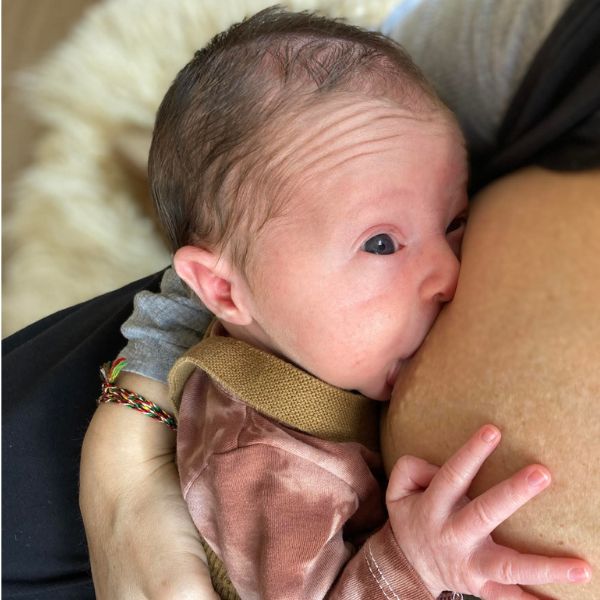
How to Deal With Lack of Sleep With a Newborn
Coping with sleep deprivation while caring for a newborn is, without a doubt, incredibly challenging, both physically and mentally. Here are some of our top tips to help manage it:
1. Commit to Rest
In many countries around the world, new mothers are given the time to complete rest, often 40 days, when they are supported by their families. This allows time and space to integrate and process all the changes in her body, mind, and spirit and transition into the new role as mother and parent.
'Sleep when your baby sleeps' is an adage for a reason. When your baby naps, or falls asleep, get some rest, whether you feel tired at that point or not. Even sitting with your feet up and reading a book is beneficial.
2. Nourishing Food
Food is medicine! Nourishing foods and remedies to support tissue healing, improve milk supply to help feed your baby and building of energies. Postnatal food is generally warming, easy to digest, and rich in nutrients.
Stock the freezer with ready meals and ask friends to bring food to you. Perhaps you should organise a food train. The first few days, everyone wants to help; it’s helpful to organise support later on after the birth.
3. Loving Touch
Our bodies go through massive changes after birth: womb returning to normal size, bleeding, hormones balance, returning to starting blood volume.
Body/energy work, such as massage, reiki, and craniosacral therapy, can support your body through these changes and adjustments. Rituals and ceremonies can help with this transition, too.
These are not to help you return to your old self. There is no going back; as you birthed your baby, you also birthed a new version of yourself. You are powerful and extraordinary and should be very proud of who you have become! Your body is a miracle!
4. Get Help From the Village Around You
Having family and friends around who can care for the home, make food and clean, do the washing, etc., is more important than choosing a buggy. Think about your priorities.
Perhaps food delivery for a few weeks or someone to clean the house could be a very good idea to allow you and your partner more time to focus on bonding and responding to your needs as a new family.
5. Contact with Nature
Spending time in nature when you feel strong enough to go out will help ground you and recharge you. It will also help you see things from a different point of view, usually more positive and bright.
Life with a new baby can be hectic, so learn to enjoy and embrace a simple day that balances your need for rest and your baby’s ever-changing rhythm. This will make your breastfeeding journey one of the best and most empowering experiences of your life.
6. Try and Get Restorative Sleep
Also known as slow-wave sleep, restorative sleep is when the body's regenerative processes take place, such as repairing tissue, building muscle and bone, and strengthening the immune system.
Even short naps can make a difference, so try to aim for 20–30 minutes where you can to recharge.
To help take these naps, create a peaceful environment, such as a dark room with white noise. It's also recommended to avoid looking on your phone before napping as this can affect the quality of your restorative sleep.
Bestselling New Mum Essentials:
We hope you enjoyed this article, please look out for our next one which will also be from the fabulous Rise Midwives. You may also be interested in our previous articles:
About the author: Virginia and Nelly are the heart of Rise Midwives; they believe in family-centred, compassionate midwifery care for every family. Wanting to provide holistic continuity of care, they became independent midwives, guiding families towards an empowering pregnancy and birth experience that fosters trust in their instincts and innate abilities as parents.
Their intention is to support the journey for pregnancy, birth and postnatal time with wisdom, evidence-based skills, respect, empathy, and a non-judgmental mindset. They bring different skills and energy to their care, and they are both experienced home birth midwives with 25 years of experience together.
Virginia is a mum of two young boys, born at home and still breastfeeding one of them. She is passionate about sacred feminine wisdom, placenta medicine and rituals; she is a birth physiology nerd and a strong believer in working authentically in alignment with her truth.
Nelly’s passion is breastfeeding, and she is a qualified IBCLC and tongue tie specialist. She has a special interest in perineal and menstrual health. She is an advocate for birth rights and true informed choices.
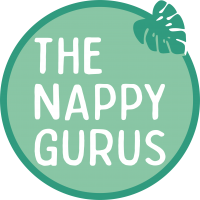
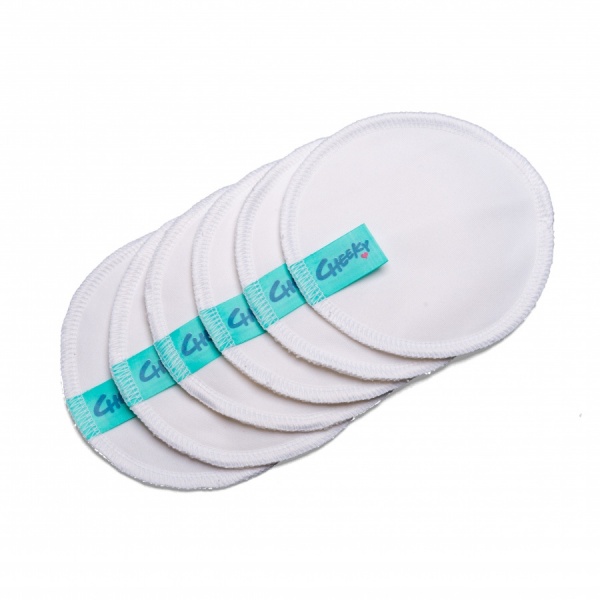
.jpg)
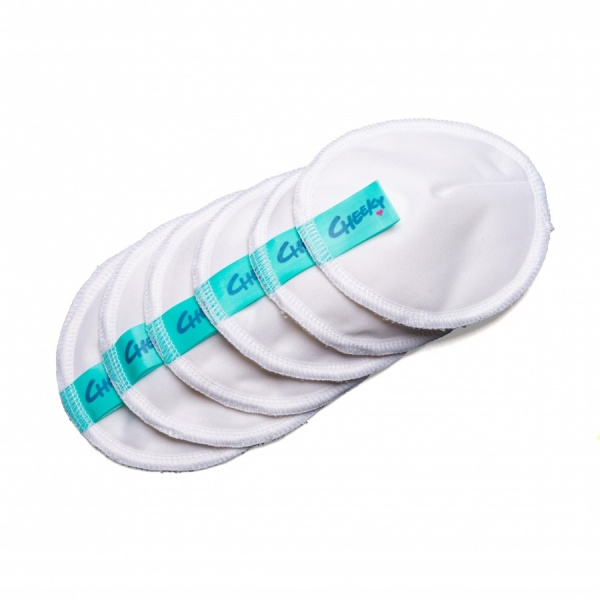
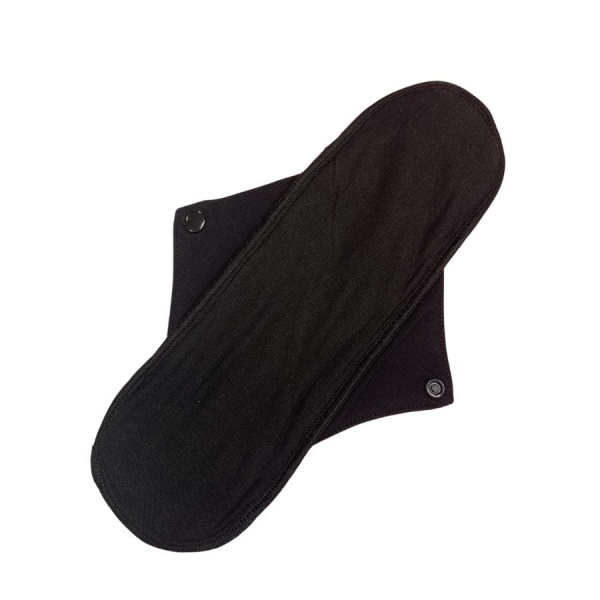
.jpg)
